Bioidentical Hormone Replacement Therapy (BHRT): It is not just for women!
Bioidentical Hormone Replacement Therapy (BHRT): It is not just for women!
by: Steve Nunn
Although most Hormone Replacement therapy patients are women, men also often need hormonal optimization. Menopause is inevitable for women with the eventual cessation of their own hormone production. This occurs either from surgery, or a more gradual process occurring over 4-6 years as their ovaries retire. The process for men is more gradual and insidious. Men tend to lose 1-3% of their testosterone production beginning at age 30. That means by the time a guy is 60, he has potentially lost anywhere from 30-90% of his testosterone. This can have a negative impact on his general health, sense of well being and quality of life.

Testosterone, for either a man or a woman, has an impact on 5 main areas. These include:
- Short term memory
*”Why did I come into this room? What else was I supposed to get at the store?”
- Clear thinking & decision making
*Being able to process information and make clear headed decisions.
- Level moods
*Not having your buttons pushed easily, not feeling anxious, panicky or down for little or no reason.
- Energy
*Energy to get through the day, through workouts and getting results.
*This is desire, not necessarily function. In some cases, erectile function may also be affected, which can have a psychological impact on libido.
Estradiol, the most important female estrogen helps alleviate:
- Hot flashes
- Night sweats
- Middle of the night awakening
- Vaginal dryness
- Sometimes helps control urine leaking with sneezing or coughing.
BHRT is safe for both men and women. Estrogen does not cause breast cancer, although it can feed one that is already there. Similarly, testosterone does not cause prostate cancer, but can “feed” an already present prostate cancer. Even having a history of a successfully treated prostate cancer does not permanently disqualify a man from getting testosterone replacement therapy.
Many women, after achieving their own personal hormonal balance and happiness, bring their partners in for consultation. Women are leading the way; the men are then able to regain their hormonal mojo. It is not unusual to hear comments such as: “You saved my relationship/marriage.” When both partners are in hormonal synchrony, many other elements of their relationship fall back into place.
Pellet BHRT is superior to the other forms of BHRT such as creams, gels, lozenges, pills or injections. Pellet BHRT provides a continuous source of hormone lasting anywhere from 3-6 months, depending on the physiology of each individual. Most other methods require daily or weekly dosing with frequent peaks and valleys leading to a hormonal roller coaster.
Contact Tutera Medical to set up your appointment:
480-874-1515
New Trends in Patient Health Responsibility
New Trends in Patient Health Responsibility
by: Jeffrey Dean, N.M.D.
One of the most exciting developments over the last year of change is the ease of patients to connect and exercise self-care regarding their health. There are new common introductions to the doctor – patient relationship such as Telemedicine for guiding wellness rather than waiting to treat illness, which is a welcomed change to our traditional healthcare model. Other developments include simply “focusing” attention on supporting one’s own wellness through basic principles such as nourishment, movement, mental balance and sleep restoration.
START WITH BALANCED HORMONES
Hormones in general are often simply associated with mood swings, hot flashes or night sweats. But they’re actually part of an extensive and important system that’s in both women and men responsible for a wide range of bodily functions including metabolism, sleep cycles, skin health and beyond. Called the endocrine system, this series of glands creates and distributes hormones, which serve as chemical messengers throughout the body.
There are several key hormones that, if unbalanced, can cause the whole hormonal system to falter, zapping your energy and making you feel wiped out. The problem is that hormones are always fluctuating, and their functions are so intertwined that it’s hard to capture the big picture. It’s important to listen to your body, and if something feels wrong, consult your doctor.
COMMON QUESTIONS FOR MEN AND WOMEN associated with hormone deficiency:
-
Do you feel tired all the time?
-
Do you have trouble sleeping?
-
Do you have frequent mood swings?
-
Do you suffer from increased fat storage, especially around the stomach area or the upper thigh area?
-
Do you experience frequent headaches, especially new or worsened migraines?
-
Do you have increased cravings, either for salty foods, fatty foods, or sugary foods?
-
For women: Do you have heightened PMS symptoms?
-
For men: Do you have lower libido or increased fat storage?
If associate with one or more of these questions, you may have a hormonal imbalance. The GOOD NEWS is, many men and women are taking steps to help with the annoying symptoms of hormone imbalance.
No matter what you may have heard about some new test or magical theory, there is no reliable and accurate testing for hormone levels other than blood tests. However, this quiz covers some of the most common symptoms of hormonal imbalance. You should always check with your doctor before you begin any lifestyle modifications.
QUICK FACTS ABOUT HORMONES:
-
Hormones decrease with age in men and women, particularly after the age of 30.
-
Hormones affect many important systems in the body and is considered by many medical professionals as “building blocks” for the body. While there are many different types of hormones, there are also different types of glands that secrete them. Endocrine glands include:
-
Thyroid: The hormones produced by the thyroid gland are connected with calorie burning, heart rate, digestion, and beyond.
-
Adrenal: The adrenal gland produces the hormones that affect libido—aka sex drive—and the stress hormone cortisol.
-
Ovaries: The ovaries produce estrogen, progesterone, and testosterone, the female sex hormones.
-
Testes: The testes produce sperm and the male sex hormone testosterone.
-
Pancreas: The pancreas produces insulin, which controls blood sugar and is key in conditions like diabetes.
-
Hypothalamus: This gland affects the release of hormones from other glands in the body, in addition to being connected to body temperature, hunger, thirst, and sleep.
-
Thalamus: The thalamus produces the hormone melatonin, which is connected to sleep.
-
Parathyroid: Calcium levels in the body are connected to this gland.
-
Thymus: The hormones that the thymus produces are directly connected to the immune system
-
Pituitary: The pituitary gland can be thought of as the “master gland” as it actually controls all other glands and produces the hormones that trigger growth.
As you can see, hormones affect MUCH more than your mood and sleeping. If this quiz revealed that you have many symptoms of hormonal imbalance, you should reach out to a hormone specialist and see if you are a candidate for Bio-identical Hormone Optimization.
OTHER SELF-HEALTH CARE OPTIONS
Other ways that men and women are taking control of their own health is by diet, movement and restoration modifications. It has been proven that making small attainable adjustments to one’s lifestyle can bring big results. There is a wealth of knowledge and resources available to assist guiding wellness using more natural solutions such as www.MyWellnessbyNature.com.
Personally, I am a bioidentical hormone therapy specialist at Tutera Medical in Arizona – focusing on overall wellness solutions. As a SottoPelle® Provider, many locations across the country are available to help. Check out Sottopelletherapy.com for provider locations near you.
Contact One of My Practice Locations:
215 S Dobson Rd, Building J, Unit 3 Chandler, AZ 85224
8412 E. Shea Blvd, Suite 101 Scottsdale, AZ 85260
Suffering from Autoimmune Conditions? The Wahl’s Protocol May be The Answer
Suffering from Autoimmune Conditions? The Wahl’s Protocol May be The Answer.
by: Mel Schottenstein, NMD, MBE, FICT
Nutrition plays a vital role in boosting our health. And if you live with multiple sclerosis (MS), you know all too well how critical diet is in managing the symptoms that come with this autoimmune disease.
There are many people who live with painful symptoms associated with autoimmune conditions like multiple sclerosis. When Dr. Wahls saw that her treatment plans weren’t working, she took matters into her own hands and developed Wahls Protocol.
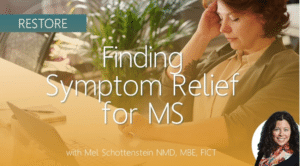
What is the story behind the Wahls Protocol?
After being restricted to a tilt/recline wheelchair, former athlete Dr. Terry Wahls realized that her current MS treatment plan was not working. Her disease was rapidly progressing while her quality of life was greatly diminishing.
Dr. Wahls knew that she was on the path to becoming bedridden.
Immersing herself in research, Dr. Wahls developed a holistic protocol for autoimmune conditions. She relinquished her wheelchair confinement and eliminated medications one year after strictly following her protocol; then she completed an 18-mile bicycle tour.
Today Dr. Wahls is thriving due to her continual dietary and lifestyle changes.
What Is the Wahls Protocol?
The diet is a version of the Paleolithic (Paleo) diet. That’s based on the idea that humans should eat more like our ancient ancestors and avoid the foods we started eating in the past several hundred years, like wheat and processed foods.
On the Wahls Protocol, you eat lots of:
-
Meat and fish
-
Vegetables, especially green, leafy ones
-
Brightly colored fruit, like berries
-
Fat from animal and plant sources, especially omega-3 fatty acids
But you don’t eat:
-
Dairy products and eggs
-
Grains (including wheat, rice, and oatmeal)
-
Legumes (beans and lentils)
-
Nightshade vegetables, which include tomatoes, eggplant, potatoes, and peppers
-
Sugar
Dr. Mel Schottenstein studied directly under Dr. Terry Wahls and is the only physician certified as a Wahls Health Practitioner in Arizona!
Schedule an appointment via telemedicine or in-person.
WHAT TO EXPECT
In the initial visit, I will discuss a personalized holistic approach to your autoimmune condition, including diet, lifestyle, supplementation, detox and more. Having chronic health concerns since childhood, I understand, both personally and professionally, that a personalized protocol is essential. Through diligent lifestyle changes that include diet, exercise, sleep, and relaxation, I personally eliminated all pharmaceutical agents, some that I had taken for over 20 years, from my daily routine. My experience with chronic illness is a valuable asset in helping my patients gain control of their health and wellness.
“Why Don’t I Feel Good?” Functional Medicine Goes Beyond Only Ensuring the Absence of Disease
“Why Don’t I Feel Good?” Functional Medicine Goes Beyond Only Ensuring the Absence of Disease
by: Mel Schottenstein, NMD, MBD, FICT
More people are looking for Functional Medicine Practitioners because conventional medicine leaves many patients looking for answers and relief.
Even after multiple prescriptions, several tests, and many of those 8–10 minute doctor visits, someone suffering an ailment can be left asking themselves, “Why don’t I feel good?”
If a patient complains long enough, they may receive a psychiatrist referral from their doctor.
This is not a critique of conventional Western medicine, which is responsible for saving thousands of lives on a daily basis. Instead, I want to focus on the patients for whom conventional medicine hasn’t provided the answers or relief they were expecting.
For that sizable group of patients, finding a practitioner of functional medicine can be invaluable. Functional medicine is a personalized and integrative approach to health care that involves understanding the prevention, management, and root causes of complex chronic disease.
Dr. Mel Schottenstein discusses the additional certifications and education that is required of functional medicine practitioners.
By taking the best aspects from conventional medicine, naturopathic, genomic, integrative, and various other modalities, it offers one of the most comprehensive and effective approaches to health care in the 21st century.
The focus is the patient and their unique presentation and response. Practitioners of functional medicine are flexible and results-driven, using whichever medical approach suits the personalized needs of the patient and addresses the cause of their problem.
Some critics who don’t understand functional medicine say it rejects conventional medicine, but that is untrue for the majority of practitioners. According to the Institute for Functional Medicine (IFM), the leading provider for functional medicine education to health care practitioners in the world, more than 75 percent of their current trainee’s have an underlying training in conventional medicine as a medical doctor, doctor of osteopathy, nurse practitioner, or physician’s assistant. They don’t throw a way those years of conventional medical training, rather, they educate themselves further in order to add more tools to their toolbox when evaluating and treating their patients.
Lacking Motivation? Balancing Your Hormones Could Be the Answer.
Lacking Motivation? Balancing Your Hormones Could Be the Answer.
by: Steve Nunn, MPAS, PA-C, DFAAPA
What do optimized hormones have to do with motivation to workout??? EVERYTHING.
Balancing your hormones creates a positive domino effect
If you’re dealing with constant fatigue, it’s hard to get motivated to workout. One of the many benefits of hormone optimization is better sleep. With better sleep, you’re less tired throughout the day and often have more energy to apply to all aspects of your life, including, exercising more regularly.
Why is Exercise So Important?
Exercise has many obvious benefits, but it also can help you feel better, have more energy and even add years to your life! The health benefits of regular exercise and physical activity are hard to ignore- and everyone can benefit from it, regardless of sex, age or physical ability.
Here are seven ways exercise can lead to a happier, healthier you:
1. Manage Your Weight
Exercise can help you maintain a healthy weight. How much activity is needed? ANY activity is better than none at all, and consistency is key. Make small changes and just get more active throughout your day — take the stairs instead of the elevator or walk the dog for 30 minutes instead of 15.
2. Help Combat Disease and other Health Conditions
No matter your current weight, being active actually increases your LDL (good) cholesteroland it decreases unhealthy triglycerides. This one-two punch keeps your blood flowing smoothly, which decreases your risk of cardiovascular diseases.
Regularly exercise to help prevent or manage:
-
Stroke
-
Metabolic syndrome
-
High blood pressure
-
Type 2 diabetes
-
Depression
-
Anxiety
-
Many types of cancer
-
Arthritis
3. Improve Your Mood AND Cognitive Function
Feeling depressed or stressed? Physical activity can help you feel happier, more relaxed and less anxious. It also can give you a confidence boost when you start appreciating the changes in your appearance.
4. Boost Your Energy
Out of breath after that flight of stairs? Can’t keep up with your kids or grandkids? Regular physical activity can improve your muscle strength ,boost your endurance and help your cardiovascular system work more efficiently. And when your heart and lung health improve, you have more energy to tackle daily chores.
5. Sleep Better
Having trouble going to sleep or staying asleep? Exercising regularly can help you fall asleep faster and deepen your sleep. HINT: Don’t exercise too close to bedtime, or you may be too energized to go to sleep.
6. Put the Spark Back into Your Sex Life
When you feel too tired or lack confidence in your physical appears, it’s hard to be “in the mood.” Regular physical activity can improve energy levels and increase your confidence about your physical appearance.
BUT WAIT, THERE’S MORE!
Regular physical activity may enhance arousal for women. And men who exercise regularly are less likely to have problems with erectile dysfunction than are men who don’t exercise.
7. Exercise can be fun … and social!
Find something that you truly enjoy doing and where you can connect with others.
So take a dance class, hit the hiking trails or join a soccer team. Find a physical activity you enjoy, and just do it.
The bottom line on exercise
Exercise and physical activity are great ways to feel better, boost your health and have fun. So, get moving on the path to a healthier, happier YOU!
Remember to check with your doctor before starting a new exercise program, especially if you have any concerns about your fitness, haven’t exercised for a long time, have chronic health problems, such as heart disease, diabetes or arthritis.
Misconceptions on Being Healthy

There are many possible misconceptions we may think of when trying to get healthy. Here are some common ones that many of us struggle with:
• Everyone should detox.
• Vegetables are always better for us when eaten raw.
• Sweating during a workout means we will lose more weight.
• Daily exercise means we can eat whatever we want without gaining weight.
• We must clear our mind in order to meditate.
The truth is that detox is not appropriate for everyone. Studies show that some people don’t need detox because they have medical issues adverse to a detoxing cleanse or are on a clean diet that eliminates the need.
Not all vegetables are good for us in a raw state. Raw cruciferous vegetables can suppress thyroid hormone production and should be cooked. Cruciferous vegetables include broccoli, brussels sprouts, cabbage, cauliflower, kale, mustard greens, radishes, rutabagas, and turnips.
Recent studies debunk the idea that sweating more contributes to more weight loss during a workout. Sweating is simply our body’s way of regulating temperature. Daily exercise is great for our fitness but the fact is that weight is about diet and if we consume more calories and fat than our body can burn, we gain weight.
The old idea that we must clear our minds to meditate is false. In fact, once we become disciplined, regular meditators, our minds naturally calm of constant thoughts. We can reach levels of deep relaxation, clarity, and understanding, which takes time and practice.
Most of us today are not only busy, we are highly stimulated with constant information from computers, phones, tablets, twenty-four-hour news cycles, social media, tweets, technology, stress from family obligations, jobs, and social events. For these reasons, beginning meditators need to be engaged and the amount of time for meditating should begin with just five minutes. Now, it would be ideal to practice five minutes every day, but for some, that is difficult. To begin a practice of five minutes three or four days a week will still have multiple benefits. Beginning meditations need to engage us visually, mentally, and audibly. A good meditation that provides this is a simple candle gaze.
With our eyes half closed, we gaze into a candle while listening to soothing music and repeating a mental mantra such as: “I am at peace” or “I am one with God.” Any mantra that is short and simple will do.
Guided meditations are also an excellent option to start with. There are countless free apps available just for this. Try to choose five-minute ones. Another meditation can be to lie down, listen to calming music, and focus only on breath moving in and out of the body. Do this for twenty breath cycles of inhale and exhale counting as one cycle. That’s all. This simple practice is relaxing and calming.
The benefits of meditation are many and far outweigh any reason not to make time for five minutes to relax and let go of worries, stress, and anxiety.
Still need convincing? Here is a list of some of the outcomes of a regular practice. Clarity, calmness, lower blood pressure, lower anxiety, connecting with our natural intuition, better overall health, learning to trust yourself, connecting with your source, lower cortisol levels, lower stress, and a better disposition.
Did you know that studies show that meditation boosts immune function, decreases pain, increases focus, improves brain function, and helps overall organ function? There are spiritual benefits too. Meditation helps us with our trust in the flow of life, faith, and our connection with God consciousness. Search the web, read articles, look for centers that offer meditation in your area. Five minutes of meditation a day will change your life. You can visit www.nitalapinski.com for free five-minute meditation downloads or buy a book for beginners. There are so many podcasts, blogs, apps, books, yoga, and spiritual centers available. Why wait? A calmer, happier, healthier you is waiting to be uncovered.



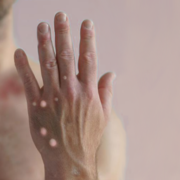
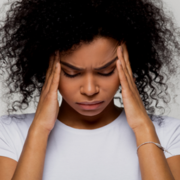
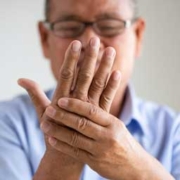
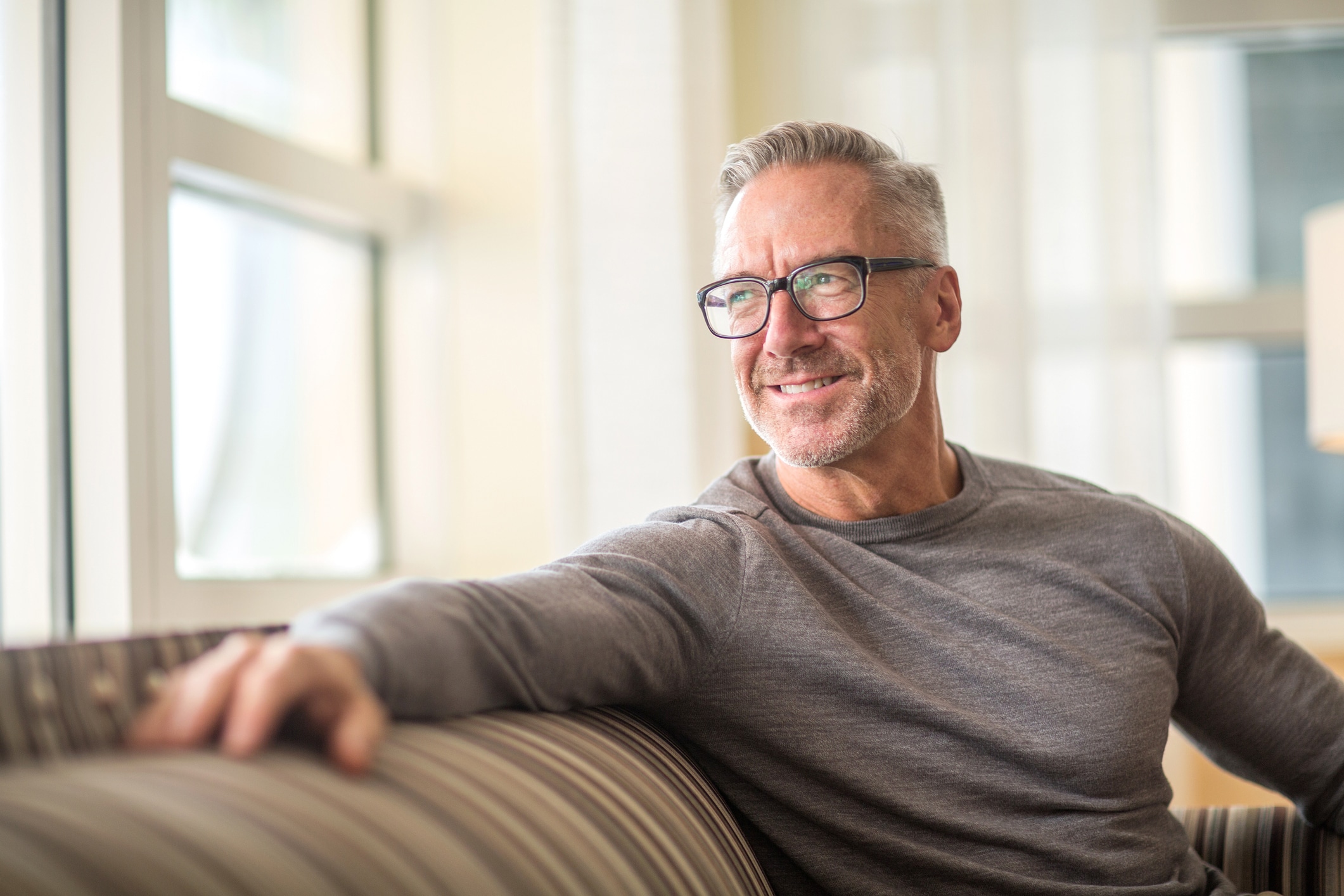
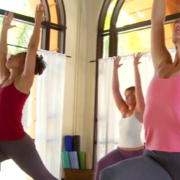
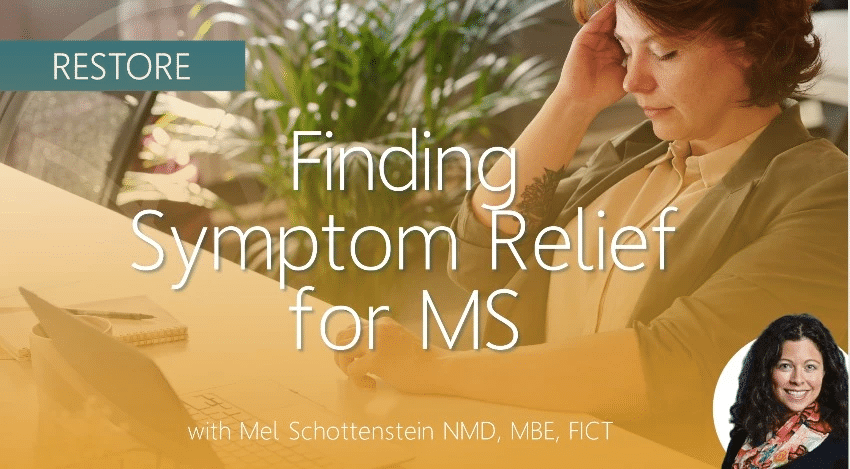



 [pdf id=3239]
[pdf id=3239]






